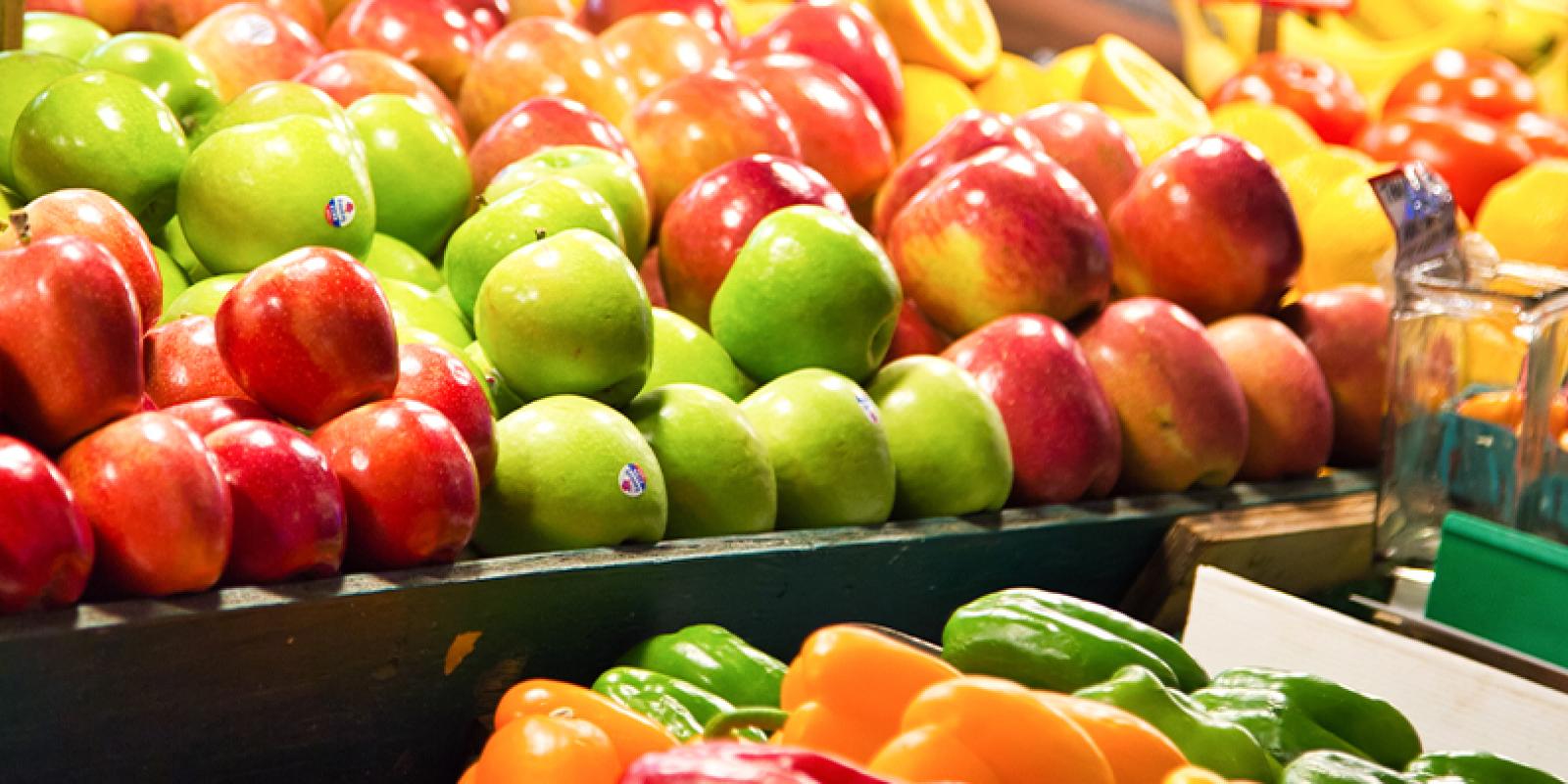The June issue of Reformed Worship will begin a year of reflecting on the connection between weekly corporate worship and the rest of the week. How does what we do in worship connect with our jobs, how we conduct ourselves at school, how we manage our homes, how we parent, or even the relationship between employee and employer? Inversely, how does what we do during the week impact our worship? And what lessons might we learn from our daily lives that are applicable to worship?
Throughout the year we will be posting blogs that are responding to those questions in different ways. This first blog leans into the idea of how we are called to be both Reformed and always reforming. What might we learn from the farmer whose key desire of growing healthy food has not changed but yet they have continued to innovate.
How would you answer the question posed in the first paragraph? We’d welcome your responses with the possibility of sharing them in a future blog. reformedworship.org/submit-article.
–Reformed Worship
We’ve read the statistics—church attendance is in freefall. Sunday school programs are dwindling. Many churches are downsizing their staff. Some churches are closing.
We’ve heard the lament—people are too busy for church. Sports and other extracurricular activities monopolize family time on Sunday mornings. More and more people consider themselves “regular” churchgoers if they show up once or twice a month.
What are churches to do in this increasingly secular era? We can mourn the bygone era of high attendance and moan about how things are not like they used to be., Or we can reinvent ourselves in response to the needs of a changing society while still remaining faithful to Scripture and Christian tradition.
Farmers as Our Inspiration
Where can churches look for inspiration? I suggest taking a look at modern farmers. Something new is happening in the world of farming, and all of us ought to be paying attention.
Farmers are facing stagnant or falling prices for crops or milk, a diminishing availability of farmland due to increased development, and a lack of trained workers willing to commit to the long hours required by a life in agriculture.
We need farmers. But to survive, farmers have had to innovate. Out of necessity they have discovered new ways to sustain their business. Churches should take notice and be filled with that same urgency to innovate.
Connection, Ownership, and Belonging
I live in a picturesque part of northeastern Connecticut known as the Quiet Corner. Here, farmers have been redefining how they interact with those they desire to serve. Dairy farms, vegetable fields, and orchards are no longer simply beautiful scenery that people drive past and admire from afar. Visitors are welcomed and even encouraged to drive into farmyards, to traipse through the growing fields and experience the farms firsthand. Farm-fresh eggs, freshly mixed yogurt, homegrown meat, milk (including chocolate!), apple cider, and a huge variety of fruits and vegetables are now available to purchase directly on the farms.
Visitors can know—and see—where their food comes from. This takes some of the mystery out of food production and offers consumers a sense of ownership and belonging. Suddenly, the community farm feels like “their” farm. The people in their backyard have worked to offer products that benefit everyone. Visitors are eager to support something that enriches their lives.
This hands-on availability changes everything. Visitors now have the opportunity to chat with and ask questions of the hardworking folks who put food on their tables, who labor according to the seasons, and whose lives are affected by the weather. They can see the cows, hear the roosters and sheep, stroll through blueberry patches, and wander among the apple trees.
Evolving with the Times
Farmers are evolving with the times. It is no longer profitable or practical for them to grow their products and ship them all to a distributor. Yet healthful, life-giving food is needed now more than ever amid food deserts and the overprocessed unhealthy offerings in most grocery stores. So farmers are coming to the city with an increasing number of farmers markets popping up in neighborhoods and developing relationships with the community. And in response to the strong interest in the farm-to-table movement, farmers are inviting people to realize what is required to produce fresh food and discovering that some people are willing to drive a bit out of their way to get delicious and nourishing locally-grown food or pay a little more to have it delivered right to them. In all these ways a stronger connection is forged between the farmer, the food, and the people.
Farmers are finding other creative ways of connecting to the community as well. Our local orchard keepers, for example, demonstrated innovation and flexibility when they opened a bakery inside their apple house. Customers are greeted by enticing aromas of apple cider doughnuts, freshly baked pies, and crispy turnovers. Apples are still the primary product, but visitors can also find caramel apples, apple cider, pumpkins, and a variety of other vegetables and flowers. Down the road from the orchard, a dairy farm is also experimenting and now operates a creamery with a compact store where visitors can watch workers in the back room mixing up batches of yogurt and creamy dips, and they offer simple recipes featuring the meats and dairy products they sell. They even have a drive-through window where customers can get milk, ice cream, or yogurt to go!
Church’s Response
What does all of this have to do with churches? Let’s consider—what new programs are our churches offering? How are we inviting people inside, and what needs are we meeting once those people arrive? What new technology are we using to convey the Good News?
Churches can learn from the “can-do” spirit of the farmers. Society has changed, and life is different than it was decades ago. The way it’s always been done may not work anymore. These passionate farmers are demonstrating a simple truth: new ways must be found to offer their valuable products. The product hasn’t changed but how the farmer connects to the community has.
Churches, like farms, need to adapt. They need to rediscover their passion for what they are doing so they can share it with others. The gospel message hasn’t changed but we need to find new ways to deliver it. We need to get out into the community and develop relationships but also find new ways to draw people in. While visitors to farms are drawn by a desire to nourish their bodies, worshipers are drawn by a desire to encounter God who will nourish their soul.
Throughout history the church has had to figure out how to adapt to new contexts while holding on to the truth of the gospel. This may mean churches need to find new ways to develop relationships, be more creative with scheduling, and have a willingness to dream of new ways to proclaim the Good News that the world needs to hear. The church has a powerful, life-giving gospel to share with a world that is desperate for hope and new life. Can we be convinced to discover new ways to make the gospel more accessible for those who need it?
Stop by a local farm and be inspired.



